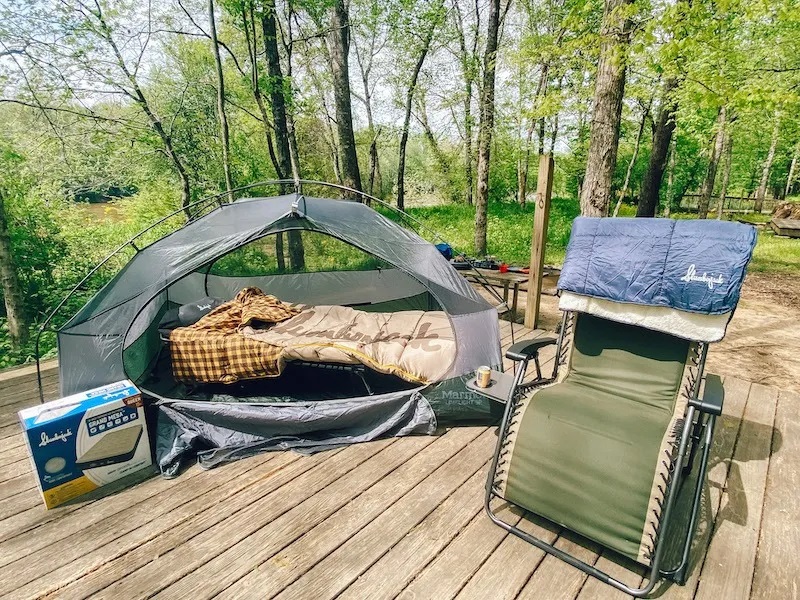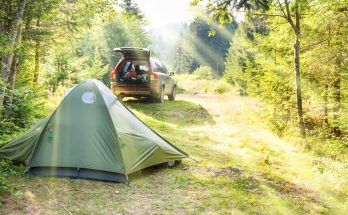Camping at the highest peak is an adventure that many outdoor enthusiasts dream of. It offers breathtaking views, a sense of accomplishment, and the opportunity to push your limits. However, camping at high altitudes also presents unique challenges and requires careful planning and preparation. In this article, we’ll share some tips for a successful and safe camping trip at the highest peak.
Research the Peak
Before embarking on a camping trip at the highest peak, it’s essential to research the peak’s characteristics, including altitude, weather patterns, and terrain. Understanding the environment will help you prepare for the conditions you may face and plan accordingly. Check the weather forecast and plan for potential temperature changes, high winds, and precipitation. Familiarize yourself with the terrain and know what equipment and gear you’ll need.
Get Proper Equipment and Gear
Camping at the highest peak requires proper equipment and gear. The altitude can make the air thin, which means temperatures can drop quickly, even during summer months. You’ll need a quality sleeping bag, tent, and clothing that can handle extreme temperatures. Additionally, you’ll need proper footwear, a backpack, trekking poles, and a map and compass to navigate the terrain. It’s essential to invest in high-quality gear that can handle the demands of camping at high altitudes.

Acclimate to the Altitude
Acclimation to high altitudes is critical for a safe and successful camping trip. As you ascend, the air pressure decreases, and the oxygen level drops, making it harder for your body to function correctly. This can lead to altitude sickness, which can be severe and even life-threatening. To acclimate to high altitudes, it’s best to spend a few days at lower elevations before ascending. Gradually increase your elevation over several days and avoid sudden changes in altitude.
Bring Plenty of Water and Food
Staying hydrated and nourished is essential when camping at high altitudes. The dry air and high altitude can cause dehydration, which can lead to altitude sickness. It’s important to bring plenty of water and food with you on your camping trip. Plan to drink at least one gallon of water per day and bring high-calorie snacks to maintain your energy levels. Avoid caffeine and alcohol, which can cause dehydration and exacerbate altitude sickness.
Plan for Emergencies
Camping at the highest peak can be dangerous, and emergencies can happen. It’s essential to plan for emergencies and be prepared to handle them. Bring a first aid kit and know how to use it. Consider taking a wilderness first aid course to learn how to respond to emergencies in the backcountry. Bring a satellite phone or GPS device in case of an emergency and make sure to inform someone of your itinerary and expected return time.




